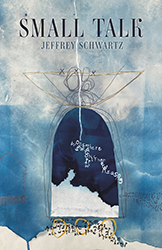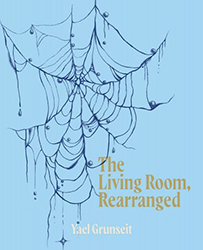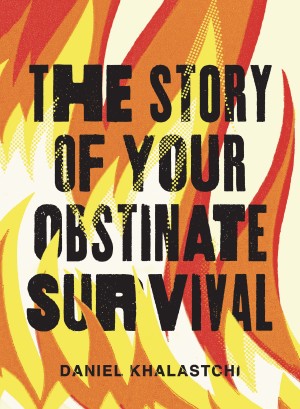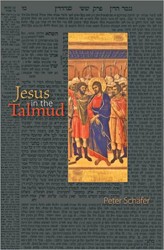The story of the Akedah, the binding of Isaac, has long been considered one of the most problematic in the Bible. It raises troubling questions about the nature of God and faith with which even rabbinical scholars struggle. Ayelet Amittay’s powerful debut collection, The Eating Knife, presents readers another lens though which to see the story — a poet’s. Amittay’s speaker wrestles with sacrifice, alters, and God’s cruel tests.
The opening poem “How to Build an Alter” speaks to possibilities for the Akedah story — and to resilience. While the poem introduces the bind — and a father with a knife — it also offers the son agency “… if he imagines the broken branches / whole again, lets the timbers / turn back into trees.” We learn the painful, personal relevance the story has to the speaker when she visits her father in a state hospital. Both Abraham and the speaker’s father heard voices compelling them towards acts of violence. But while Abraham was saved from the act, the speaker’s father, unfortunately, was not: “The angel will not stay his hand.”
Amittay explores the Akedah story through free verse, prose poems, ekphrastics, and an abecedarian. “Burning Burnt Offerings Haibun,” a poem in three sections, begins with Genesis 22: 1 – 21; sections II and III are erasures of the text. God’s directives to Abraham, for example, become “I will / split the wood,” and, finally, “I am / split.” The sparseness of the words and brilliant use of white space echo the aftermath of trauma and the pain of mental illness.
While the Akedah is not referenced directly in every poem, the story lingers throughout the collection. In “Years from Then,” the speaker is studying math on her lawn with friends. One friend mentions the crime committed there: the speaker’s father stabbed his mother-in-law. “Shall we return to the sine and cosine …” the speaker asks herself. “The answers are in the back of the book but only for the even-numbered problems.” Several poems express the heaviness of having to find answers on her own. In “Honor thy Father and thy Mother,” structured as midrash on Torah, the speaker grapples with how to obey the Fifth Commandment: “Calling the public gaze toward my parent’s madness — is this honor?” She then directly addresses her parents: “I honor you, Ima, by leaving you outside/these poems; you, Abba, by holding you inside them.”
Honor them, she does. While sharing the pain inherent in mental illness, Amittay’s compassion for everyone affected is at once both beautiful and stunning. The longing in these poems for what’s been lost and for ways to move forward is honest, generous, and deeply moving.
In Amittay’s closing poem, “The Mirror in His Pocket,” God visits the speaker. Made in His image, with so much promise, the speaker is “too illuminated to have a reflection.” But then God places an unmanageable weight in her palm. When she asks Him why, he answers by shutting the mirror.
The poems in The Eating Knife are not easy poems. Sit with them. Reread them and then reread them again. Like Amittay’s speaker, you may not find answers, but you will be rewarded with an intimate view of one poet’s brave struggle to come to terms with several of humanity’s most challenging questions.
Diane Gottlieb is the editor of Manna Songs: Stories of Jewish Culture & Heritage, Awakenings: Stories of Body & Consciousness, and Grieving Hope. She is the Special Projects Editor for ELJ Editions and the Prose/Creative Nonfiction Editor of Emerge Literary Journal. Her writing appears in Brevity, River Teeth, Witness, Florida Review, The Rumpus, and Huffington Post, among many other lovely places.





